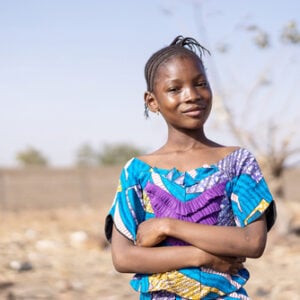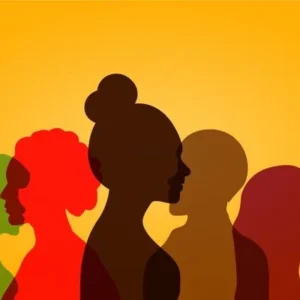Each year, Pan-African Women’s Day highlights the resilience and leadership of African women. Despite these celebrations, many pregnant and breastfeeding women remain underserved in HIV prevention efforts. These women play a central role in community wellbeing and intergenerational health, yet face systemic neglect in health systems.
In 2025, the theme “Advancing Social and Economic Justice for African Women through Reparations” calls attention to the structural inequalities that hinder women’s empowerment. Coinciding with World Breastfeeding Week, this moment presents an opportunity to take concrete action—by integrating HIV prevention, such as PrEP (Pre-Exposure Prophylaxis), PMTCT (Prevention of Mother-to-Child Transmission), and EID (Early Infant Diagnosis), into maternal and child health services. This integration is not only medically necessary but also a human rights issue essential to achieving health equity.
Gender inequality remains a major driver of HIV vulnerability across Africa, particularly for adolescent girls and young mothers. The African Union (AU) has adopted frameworks like the Maputo Protocol and the AU Strategy for Gender Equality to ensure access to prevention and treatment, but implementation gaps persist. To address this, HIV prevention must become an essential part of comprehensive, gender-responsive maternal care.
The theme of World Breastfeeding Week 2025 underscores the importance of supporting breastfeeding through sustainable systems. These systems must also address the HIV-related needs of mothers and infants. This includes offering long-acting PrEP options, ensuring routine HIV testing during prenatal care, and embedding EID into immunisation schedules. Breastfeeding should be a safe and empowering act, free from stigma and risk, supported by access to diagnostics, informed choices, and respectful care.
A unified African response is essential. Community engagement, including religious and traditional leaders, and support for frontline health workers—many of whom are women—is critical. Governments and grassroots organizations must collaborate to ensure universal access to HIV prevention tools for all mothers. Transforming maternal and child health outcomes requires structural changes backed by coordinated partnerships and investment.
The AUC Women, Gender, and Youth Directorate and the Africa REACH Leadership Council reaffirm their commitment to enabling African women to live and lead free from HIV. As Pan-African Women’s Day and Breastfeeding Week are observed, the call to action is clear: implement inclusive policies and practices that safeguard maternal health, advance gender equality, and support a future where African women can nurture the next generation in health and dignity.







